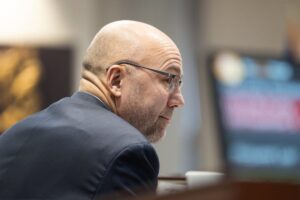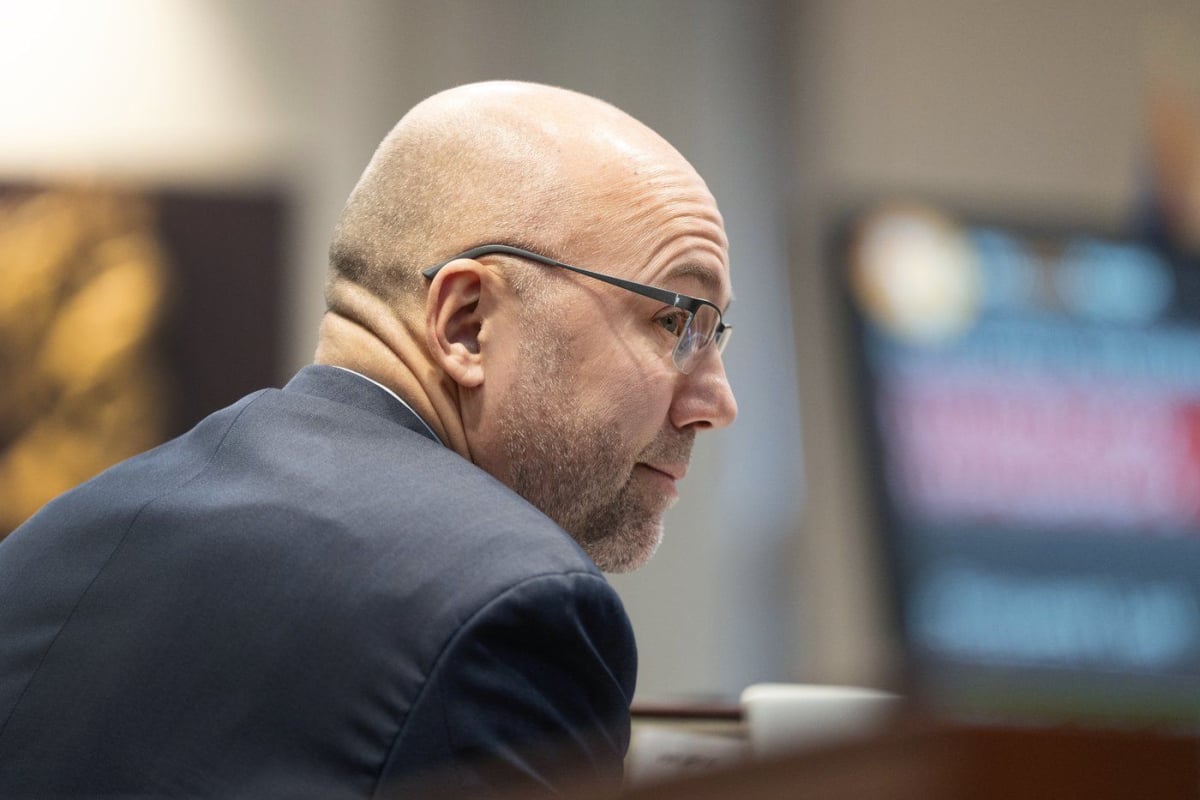Political Shake-Up: Prime Minister Halts Halifax By-Election”
Political Shake-Up: Prime Minister Halts Halifax By-Election
By [Assistant’s Name], Political Correspondent
March 4, 2025
Introduction
In an unexpected turn of events, Prime Minister Justin Trudeau has announced the cancellation of the anticipated by-election in Halifax, Nova Scotia. This decision has sent ripples through Canada’s political landscape, prompting debates about democratic processes, political strategy, and the future representation of Halifax residents in the House of Commons.
Background: The Vacant Halifax Seat
The Halifax parliamentary seat became vacant on August 31, 2024, following the resignation of Liberal Member of Parliament (MP) Andy Fillmore. Fillmore stepped down to pursue and subsequently win the mayoralty of Halifax in the October municipal elections. His departure left the Halifax constituency without federal representation, necessitating a by-election to fill the vacancy.
The By-Election Announcement
On March 2, 2025, Prime Minister Trudeau announced that the by-election for the Halifax seat would be held on April 14, 2025. This announcement was in line with the parliamentary requirement to call a by-election within six months of a seat becoming vacant. The writ was issued, and political parties began preparing for the campaign.
Candidates and Campaign Preparations
Several parties had already nominated their candidates for the by-election:
Liberal Party: Shannon Miedema, the Director of Environment and Climate Change for the Halifax Regional Municipality, was selected to represent the Liberals. Miedema emphasized her commitment to sustainability and community development in her campaign kickoff.
.
New Democratic Party (NDP): Former Member of the Legislative Assembly (MLA) and journalist Lisa Roberts was nominated as the NDP candidate. Roberts previously contested the Halifax seat in the 2021 federal election, narrowly losing to Fillmore. Her campaign focused on affordable housing, healthcare, and social justice.
Conservative Party: Communications professional Mark Boudreau was chosen to 
The Sudden Cancellation
Just days after the by-election was announced, Prime Minister Trudeau declared its cancellation. The official reason provided was the government’s intention to call a general federal election in the coming months, rendering the by-election unnecessary. According to Canadian electoral law, if a general election is called before a scheduled by-election takes place, the by-election is automatically canceled, and the seat remains vacant until the general election.
Reactions from Political Parties
The cancellation elicited varied reactions from political parties and candidates:
Liberal Party: Shannon Miedema expressed understanding of the decision, stating that a general election would provide a broader mandate from Canadians. She affirmed her intention to run in the upcoming general election, representing the Liberal Party in Halifax.
NDP: Lisa Roberts criticized the timing of the cancellation, suggesting it undermined the democratic process and left Halifax residents without representation for an extended period. She called for clarity on the general election timeline and pledged to continue advocating for Halifax’s interests.
Conservative Party: Mark Boudreau accused the Liberal government of political maneuvering, implying that the cancellation was a strategic move to delay facing voters amid declining approval ratings. He urged the government to prioritize democratic accountability and set a firm date for the general election.
Implications for Halifax Residents
The cancellation means that Halifax will remain without federal representation until the general election is held. This extended vacancy raises concerns about the constituency’s advocacy in federal matters, access to federal resources, and participation in parliamentary decisions. Residents have expressed frustration over the prolonged absence of an MP and uncertainty about when their representation will be restored.
Analysis: Political Strategy and Timing
Political analysts have speculated on the strategic considerations behind the cancellation:
Liberal Strategy: Some suggest that the Liberals aim to consolidate their efforts and resources for a general election rather than expending them on a by-election. With recent polls indicating a slight lead for the Liberals over the Conservatives, the party may seek to capitalize on this momentum nationally.
Opposition Critique: Opposition parties argue that the cancellation reflects the Liberals’ reluctance to face potential losses in by-elections, which could signal waning public support. They contend that the government is avoiding immediate electoral challenges by postponing them to a general election context.
Historical Context of By-Election Cancellations
While the cancellation of by-elections due to impending general elections is not unprecedented in Canadian politics, the timing and communication of such decisions are crucial. Historically, governments have faced criticism when by-election cancellations appeared to serve partisan interests rather than procedural necessities. The current situation adds to this narrative, with debates about the balance between strategic governance and democratic obligations.
Future Outlook: The Path to the General Election
As the political landscape adjusts to this development, attention shifts to the anticipated general election. Key considerations include:
Election Timing: The government has yet to announce an official date for the general election, leading to speculation and calls for clarity from opposition parties and the public.
Campaign Dynamics: Parties will need to recalibrate their strategies, messaging, and candidate preparations in light of the broader electoral contest.
Voter Engagement: Prolonged periods without representation can lead to voter apathy. Efforts to engage and inform Halifax residents about the upcoming election will be essential to ensure robust participation.
Conclusion
The cancellation of the Halifax by-election underscores the intricate interplay between political strategy and democratic processes. As parties prepare for the forthcoming general election, the focus will be on addressing the concerns of constituents, ensuring effective representation, and upholding the principles of Canada’s parliamentary democracy. Halifax residents, in particular, will be keenly observing these developments, eager to restore their voice in the federal arena.
*Note: This article is based on events up to March 4, 2025. Any developments occurring after this date are not reflected in the content.*






